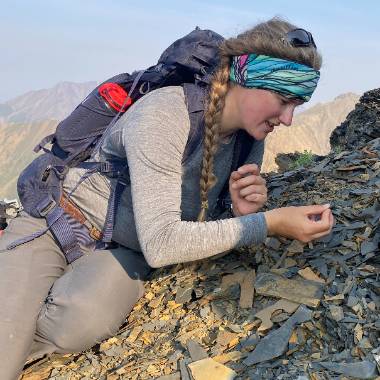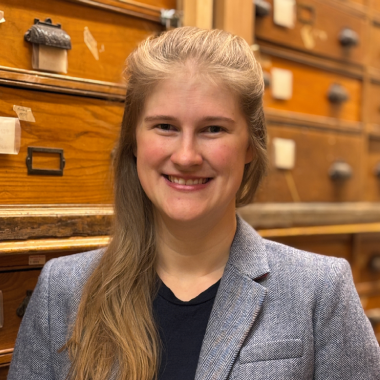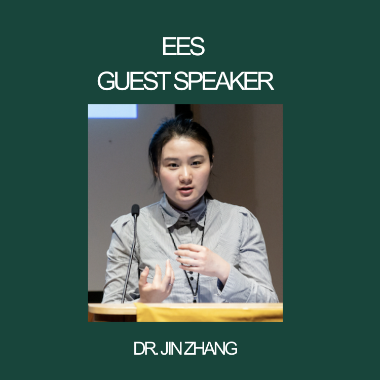EES Guest Speaker - Dr. Peter Shearer
This week’s seminar speaker is Dr. Peter Shearer! Please join us Thursday September 5th, 2024 at 3pm in room 351 Nat Sci.
Title:
Adventures in Measuring Variations in High-Frequency Radiation for Small to Moderate
Earthquakes
Abstract:
Earthquake stress drop is a key parameter for understanding fault ruptures and estimating
strong ground motions, but stress-drop estimates vary widely among different groups.
Traditional methods for measuring earthquake stress drop for small earthquakes (M
< 5) rely on analysis of P- and S-wave spectra. Similar-sized earthquakes vary in
the strength of their high-frequency radiation and various modeling assumptions can
be used to translate these differences into stress-drop estimates. Based on our recent
work documenting hard-to-resolve tradeoffs between absolute stress drop, stress-drop
scaling with moment, high-frequency fall-off rate, and empirical corrections for path
and attenuation terms, we adopt a new approach in which the corner frequencies of
the smallest earthquakes in each region are fixed to a constant value. This removes
any true coherent spatial variations in stress drops among the smallest events but
ensures that any spatial variations seen in larger-event stress drops are real and
not an artifact of inaccurate path corrections. Applying this approach across southern
California, we document spatial variations in stress drop for M 1.5 to 4 earthquakes
that agree with previous work, such as lower-than-average stress drops in the Salton
Trough, as well as small-scale stress-drop variations along many faults and aftershock
sequences. However, our results are unable to independently determine the average
stress drop for small earthquakes, highlighting the limitations of purely empirical
approaches to spectral analysis for earthquake source properties and the importance
of determining shallow crustal attenuation models.


